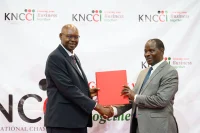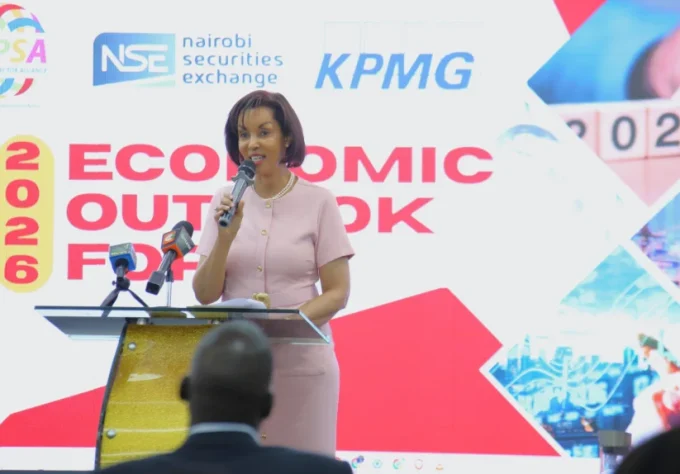Political uncertainty ahead of the August 8 General Election and squeezed access to credit as a consequence of interest rates caps continue to impact negatively on private sector activity in the country.
According to the Purchasing Managers’ Index (PMI) survey released by Stanbic Bank and HIS Markit, the fall in output recorded last month is the third contraction in the past four months and the fastest recorded since the inception of the series in January 2014 as new orders remained the same.
Meanwhile, employment rose only marginally, which contributed to a rise in backlogs despite flat new business. The weakness in demand led to reductions in purchasing activity and input stocks for the first time in the survey history. Firms continued to face higher input prices, but continued to offer discounts amid intense competition.
Down from 49.9 in May to 47.3 in June, the seasonally adjusted PMI fell to a survey-record low. Overall, the second quarter was the worst-performing quarter in the series history.
“Following the recovery in the Stanbic PMI back in April, we had rightly urged caution due to the headwinds abound. The private sector continues to slow-down due to the political uncertainty ahead while reduced access to credit has also led to subdued domestic demand,” said Jibran Qureishi, Regional Economist for East Africa at Stanbic Bank.
“Furthermore, Kenya’s GDP expanded by just 4.7 per cent in the first quarter of 2017 which in a way verifies the weaker growth trend being indicated by the Stanbic PMI since January 2016. Looking ahead, political uncertainty is likely to take centre stage and thus the private sector will probably not come out of the woods just yet,” he explained.
New export order growth was marginal and the weakest in the current 11-month sequence of expansion. At the same time, employment rose at the weakest pace in four months and one that was only marginal overall. Subsequently, outstanding business continued to rise, but at the slowest pace in 19 months.
In response to lower output requirements, firms were discouraged to engage in purchasing activity in June. Subsequently, inventories held by firms fell modestly. In both cases, the respective indexes fell below 50.0 for the first time in the series history, according to the survey.
Although the rate of input cost inflation was solid overall, June saw an easing of inflationary pressures to a seven-month low. Data showed input inflationary pressures were mainly driven by a general increase in raw material costs and staff costs, with the sharper rise in the former.
[crp]













Leave a comment